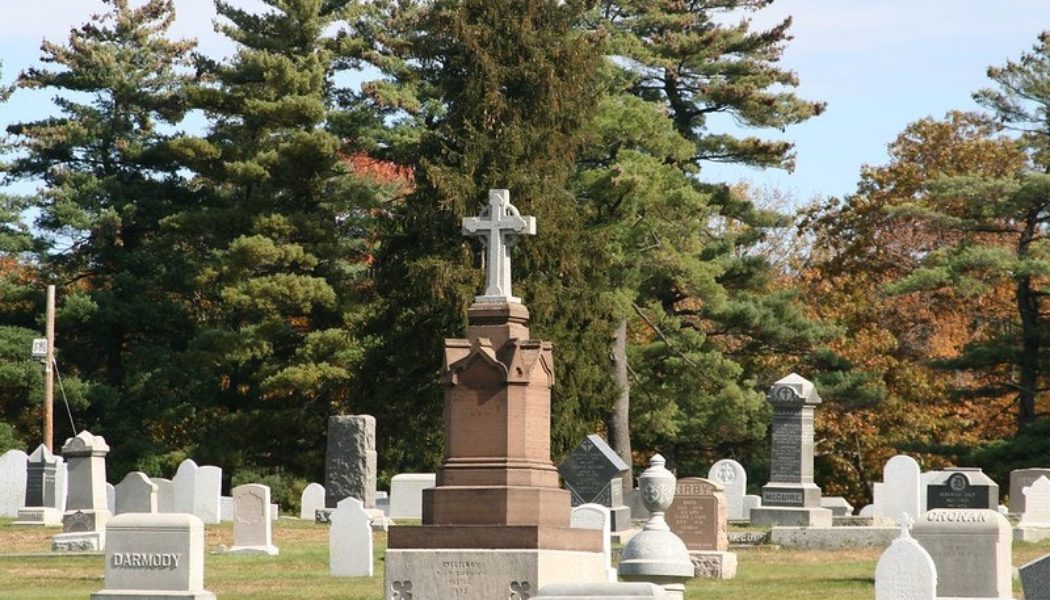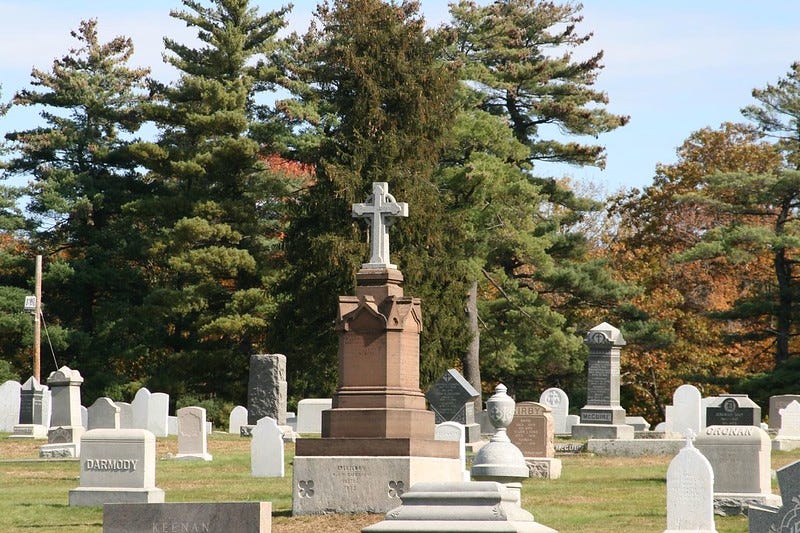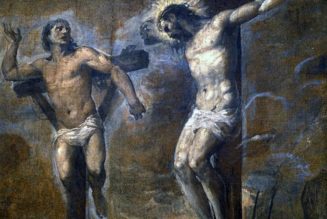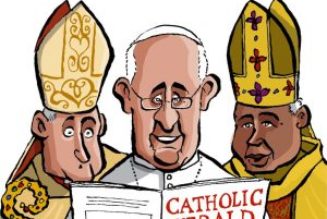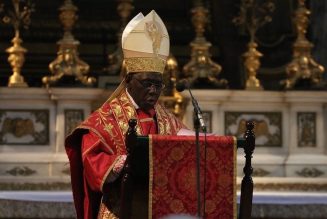The Archbishop of Sydney, Australia, has launched a petition opposing a new government plan to bring all cemeteries under state control, which would end the Church’s role in caring for the graves of Catholics in New South Wales.
“This decision will end the involvement of faith groups in the management and operation of cemeteries in favor of a secular government run bureaucracy,” Archbishop Anthony Fisher, OP, told his priests in a May 27 letter.
“This will bring to an end more than 150 years of the Church’s role in burying the dead, upkeep of graves and support to grieving families.”
“Caring for the dead is a spiritual mission, not secular,” the archbishop added. “Our faith teaches that it is one of our ‘corporal works of mercy’ and this underpins the way we look after our cemeteries. The government seems to only really recognise cemetery property as a monetary asset without sensitivity to its spiritual element or the wishes of the families of the deceased.”
Fischer said the measure, announced May 25, will consolidate the management of all cemeteries, which are considered public land, under one “multi-faith, multi-disciplinary skills-based board,” to be created by the government.
The archbishop urged priests and Australian Catholics to oppose the measure,
The government plan comes after recommendations from an independent review of the Cemeteries and Crematoria Act 2013, which called for the creation of a OneCrown body to manage cemeteries in New South Wales, and to replace the five independent operators currently caring for grave sites, including the Catholic Metropolitan Cemeteries Trust (CMCT), which manages three cemeteries and has recently acquired land for two more.
The plan was announced by the Minister for Water, Property and Housing, Melinda Pavey, who argued that the consolidation was necessary to address a shortage of burial sites and financial shortfalls by the independent operators.
But in his letter to priests, Fisher said the government’s plan had been developed without consulting the Church or other faith communities. He also insisted that the Catholic cemeteries were solvent, and that the plan would see the cost of burials increase.
“The Catholic Cemetery Trust has successfully and reverently managed Catholic cemeteries for more than 150 years. How can the government [make] claim to the legacy of over fifteen decades of care and reverent upkeep, as well as tens of thousands of dollars-worth of pooled assets from Catholic families for the maintenance of our cemeteries without even proper consultation?” Fisher wrote.
“The brazen disregard for people of faith and their works does not bode well for the manner in which the government may deal with Catholic funerals and graves in the future.”
The archbishop also warned that because charities like CMCT will now be excluded from cemetery provision, the cost of individual burials is certain to rise. Pavey said that the new system would “support consistent, transparent and affordable pricing.”
Ahead of the announcement of the plan, Pavey wrote to Peter O’Meara, the head of CMCT, informing him of the decision and that the trust’s charitable status would be terminated at the end of the week, according to The Sydney Morning Herald newspaper.
“This is not a reflection on the performance of yourself,” Pavey said.
In his letter to the priests of the archdiocese, Fisher said the government was acting to address a lack of burial space in Sydney, unfunded liabilities across the five providers, and the need to ensure affordable funerals and burials for all people.
Fisher said that the Catholic trust had “offered solutions that would solve each of these issues, and do so in a way that could be implemented immediately at no cost to the taxpayer.”
“The government’s decision will be significantly more costly, take longer to implement, and exclude religious groups from any involvement in operations. It makes no sense.”
Over and above financial issues, Fisher also raised concerns about the spiritual purpose of cemeteries and the lack of care Catholics could receive under government oversight.
“The decision raises uncertainty about whether graves will be kept in perpetuity. A secular bureaucracy that does not appreciate the reverence needed to be shown to the deceased could be tempted to reuse graves to make more space.”
Writing in The Australian, Fisher went further with his concerns, stating that “Some people in government or bureaucracy would like to stop burials altogether and require everyone to be cremated. Some would like to reuse existing graves for additional burials. Some would even be willing to disturb old graves so as to use the land for development.”
In 2016, the Congregation for the Doctrine of the Faith issued an instruction on Christian burials. In it, the CDF restated that “Following the most ancient Christian tradition, the Church insistently recommends that the bodies of the deceased be buried in cemeteries or other sacred places.”
“By burying the bodies of the faithful, the Church confirms her faith in the resurrection of the body, and intends to show the great dignity of the human body as an integral part of the human person whose body forms part of their identity.”
“Through the practice of burying the dead in cemeteries, in churches or their environs, Christian tradition has upheld the relationship between the living and the dead and has opposed any tendency to minimize, or relegate to the purely private sphere, the event of death and the meaning it has for Christians,” said the instruction, signed by Cardinal Müller, then the prefect of the congregation, and then-Archbishop Ladaria, who was the Congregation’s secretary before replacing Müller as prefect in 2017.
“Finally, the burial of the faithful departed in cemeteries or other sacred places encourages family members and the whole Christian community to pray for and remember the dead, while at the same time fostering the veneration of martyrs and saints,” said the CDF.
Join Our Telegram Group : Salvation & Prosperity
